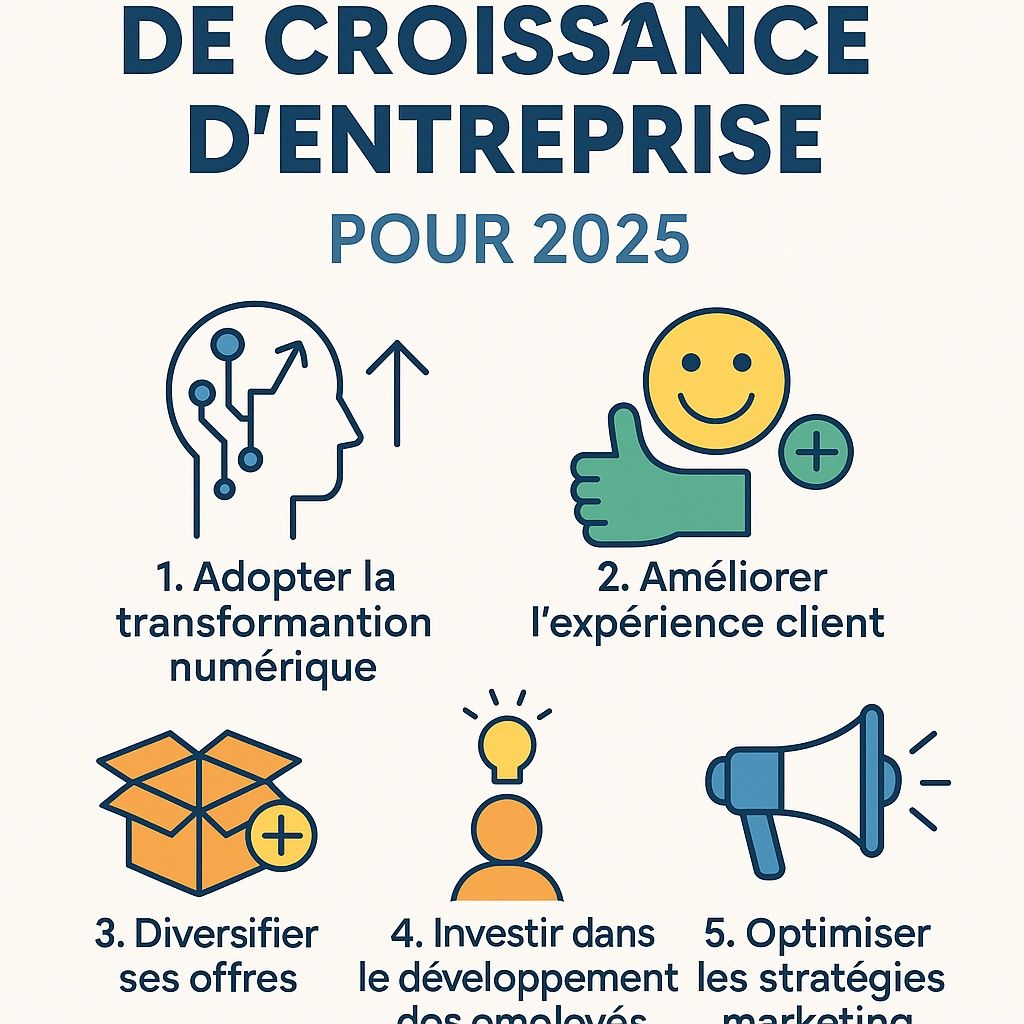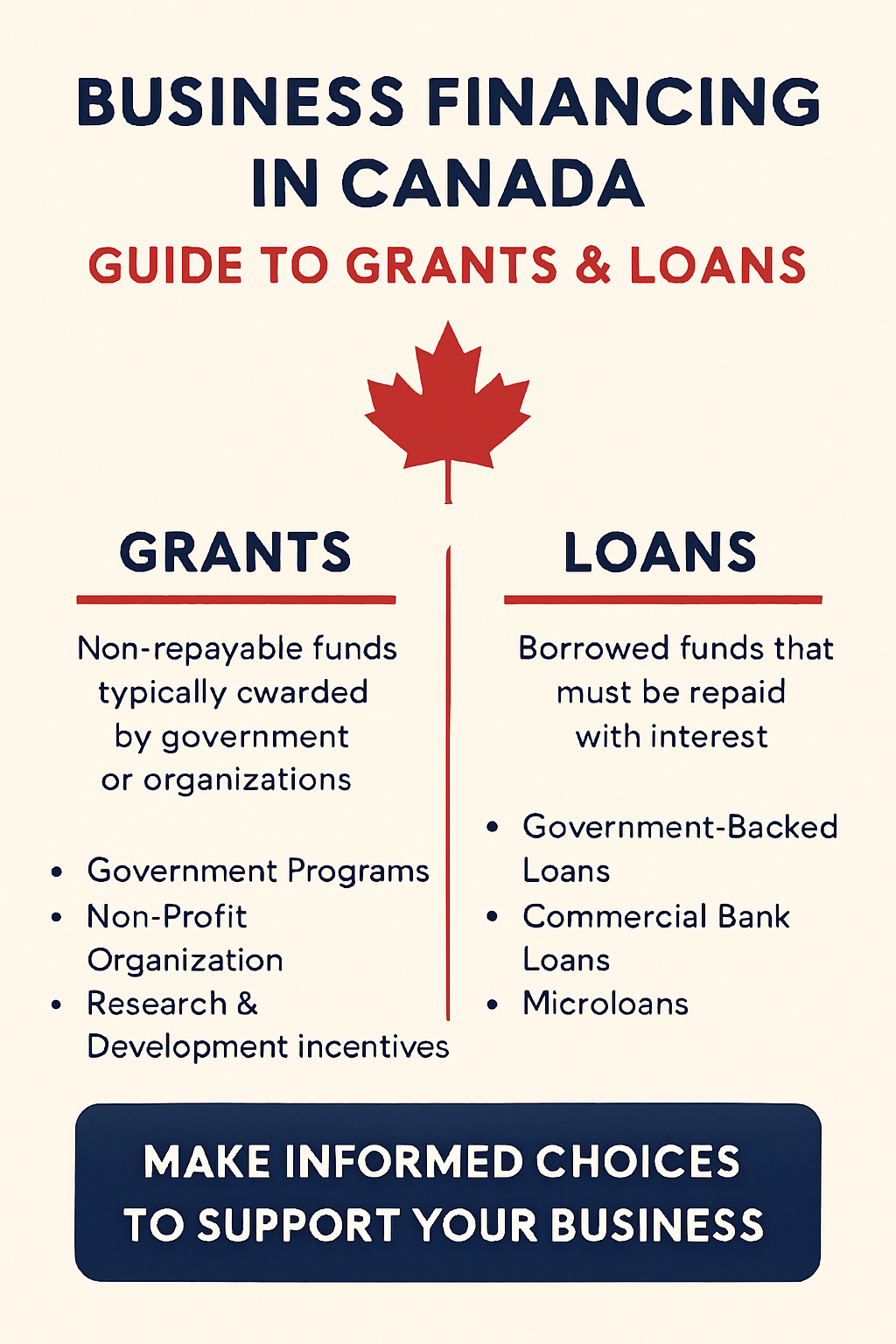Essential Steps for a Consulting Business Plan
In this article, we will guide you through the essential steps for developing a comprehensive business plan for your consulting company. Whether you are starting from scratch or looking to improve an existing business plan, these steps will provide you with a clear path forward.
Mapping Out Your Business Direction
A business plan is crucial for any new venture. It helps you map out the direction of your consulting business and ensures that you are prepared for the challenges ahead. By laying out your business's path, you can foresee potential obstacles and devise strategies to overcome them. This foresight is invaluable in avoiding pitfalls that could derail your business's progress.
Moreover, a structured business plan provides clarity and focus. It aligns your team's efforts with the overarching goals and keeps everyone on the same page. This unity is essential in steering the company towards achieving its long-term objectives.
Attracting Investors and Securing Funding
A well-developed business plan is often a prerequisite when seeking funding from investors or financial institutions. Potential investors want to see a solid plan that demonstrates your ability to succeed. They are looking for evidence that you have a viable business idea and a clear strategy for achieving profitability.
The financial projections and market analysis sections of your business plan are particularly important in this context. They provide the quantitative evidence investors need to assess the potential return on their investment. A detailed plan shows that you have done your homework and are serious about making your consulting business a success.
A Living Document for Growth
A business plan is not a one-time task but a living document that you can revisit and revise as your business grows. It allows you to identify your target market, develop marketing strategies, and outline your financial projections. By regularly updating your plan, you ensure that it remains relevant and reflective of your current business environment.
As your business evolves, so too should your business plan. Regular updates will help you stay adaptable, allowing you to pivot and seize new opportunities as they arise. This flexibility is crucial for long-term success in the ever-changing business landscape.
Step 1: Define Your Consulting Niche
Identifying Your Core Competencies
The first step in creating a business plan is to define your consulting niche. Identifying your niche involves understanding what specific area your consulting business will focus on. This could be anything from management consulting to IT consulting. By focusing on a specific niche, you can leverage your core competencies and offer specialized services that set you apart from competitors.
Consider your skills, experiences, and interests when choosing your niche. Aligning your business with your expertise not only makes your business more enjoyable to run but also enhances your credibility with potential clients. Clients are more likely to trust consultants who demonstrate deep knowledge and expertise in a specific field.
Analyzing Market Needs and Trends
Understanding the current market needs and trends is essential when defining your niche. Conduct research to identify areas where there is high demand but limited supply. This information will help you position your consulting services to meet these needs effectively.
By aligning your niche with current market trends, you ensure that your business remains relevant and competitive. This proactive approach can lead to increased client acquisition and retention, as clients seek out consultants who offer solutions to their most pressing challenges.
Differentiating from Competitors
Once you have identified your niche, the next step is to differentiate your services from those of your competitors. Analyze what your competitors offer and identify gaps or weaknesses in their services. Use this information to develop a unique value proposition that highlights what makes your consulting business stand out.
Your unique value proposition should communicate the benefits clients will receive by choosing your services over others. This differentiation is key to attracting clients who are looking for specialized expertise and innovative solutions that only your consulting business can provide.
Step 2: Conduct Market Research
Gathering Industry Insights
Market research is an essential step in developing a consulting business plan. It involves gathering information about your industry, target market, and competitors. Start by analyzing industry trends and forecasts to understand the landscape in which your consulting business will operate.
Industry insights provide a comprehensive view of the opportunities and challenges your business may face. This information is invaluable in positioning your consulting services and developing strategies that align with industry dynamics. Staying informed about industry changes ensures your business remains agile and competitive.
Analyzing Competitor Strategies
Competitor analysis is a critical component of market research. Examine what services your competitors offer, their pricing strategies, and how they position themselves in the market. Identify their strengths and weaknesses to understand where your consulting business can gain a competitive edge.
Look for areas where your competitors may be lacking, such as customer service, innovation, or specific service offerings. Use this analysis to tailor your services to address these gaps, thereby attracting clients who are dissatisfied with existing options.
Understanding Your Target Audience
Researching your target market is another crucial aspect of market research. Identify who your potential clients are, what challenges they face, and how your services can help them overcome these challenges. This understanding will guide your marketing strategies and service offerings.
Develop detailed client personas that outline the demographics, needs, and preferences of your target audience. These personas serve as a guide for creating customized marketing messages and strategies that resonate with your ideal clients. Understanding your audience ensures that your services meet their needs and expectations effectively.
Step 3: Develop Your Business Model
Exploring Revenue Streams
Your business model outlines how your consulting business will generate revenue. There are several different business models to consider, including hourly billing, project-based billing, and retainer agreements. Each model has its pros and cons, so it's important to choose one that aligns with your goals and the needs of your clients.
Consider additional revenue streams that could complement your primary services. These could include online courses, workshops, or subscription-based content. Diversifying your revenue streams can provide financial stability and open up new opportunities for growth.
Determining Pricing Strategies
Pricing strategies play a critical role in your business model. Consider the value you provide to your clients and how much they are willing to pay for your services. Your pricing should reflect the quality and expertise you offer, while also being competitive within your niche.
Research industry standards and competitor pricing to inform your strategy. Consider offering tiered pricing or bundled services to cater to different client needs and budgets. A well-thought-out pricing strategy ensures that your business model is sustainable and profitable.
Ensuring Business Sustainability
A sustainable business model is essential for long-term success. Assess your business's operational costs and ensure that your revenue streams can cover these expenses while allowing for reinvestment and growth. Regularly review your business model to identify areas for improvement or expansion.
Consider implementing processes and systems that enhance efficiency and reduce costs. This focus on sustainability ensures that your consulting business can weather economic fluctuations and continue to thrive in a competitive market.
Step 4: Create a Marketing Plan
Crafting Your Unique Selling Proposition (USP)
A marketing plan is a crucial component of your consulting business plan. It outlines the strategies you will use to attract and retain clients. Start by defining your unique selling proposition (USP). Your USP should clearly communicate what makes your consulting services stand out from the competition.
Focus on the benefits and outcomes your clients can expect from your services. Highlight the unique aspects of your approach, expertise, or results that differentiate you from others. A compelling USP is the foundation of your marketing efforts and sets the tone for all your communications.
Selecting Marketing Channels
Identify the marketing channels you will use to reach your target audience. This could include online marketing, social media, networking events, and referrals. Each channel has its own advantages and should be selected based on your target audience's preferences and behaviors.
Develop a comprehensive plan that outlines specific tactics, timelines, and budgets for each marketing channel. By diversifying your marketing efforts, you increase your chances of reaching a wider audience and generating leads.
Building a Strong Brand Presence
Building a strong brand presence is essential for successful marketing. Your brand should reflect your consulting business's values, mission, and expertise. Consistent branding across all marketing channels enhances recognition and trust among potential clients.
Invest in professional branding elements such as a logo, website, and marketing materials. Engage with your audience through valuable content and thought leadership to establish your authority in your niche. A strong brand presence differentiates your consulting business and attracts clients who resonate with your values and expertise.
Step 5: Outline Your Financial Plan
by Morgan Housel (https://unsplash.com/@morganhousel)
Estimating Startup Costs
A financial plan is a critical part of your business plan. Start by estimating your startup costs, which include expenses such as office space, equipment, marketing, and legal fees. Understanding these costs is essential for determining how much capital you will need to launch your consulting business.
Consider both fixed and variable costs in your estimates. Fixed costs are recurring expenses, while variable costs fluctuate based on your business activity. Accurate cost estimation helps you plan for financial needs and avoid unexpected financial challenges.
Developing Sales Forecasts
Develop a sales forecast that outlines your expected revenue for the first few years of operation. This forecast should be based on realistic assumptions about your market size, target audience, and pricing strategy. A well-prepared sales forecast provides a roadmap for revenue generation and helps you set financial goals.
Include different scenarios in your sales forecasts, such as best-case, worst-case, and most-likely scenarios. This approach allows you to prepare for various outcomes and develop contingency plans. Regularly reviewing and updating your forecasts ensures they remain relevant and accurate.
Creating a Break-Even Analysis
A break-even analysis is essential for understanding how much revenue you need to generate to cover your costs and start making a profit. This analysis helps you determine the minimum sales volume required to sustain your business.
Use the break-even analysis to set pricing strategies and sales targets. By knowing your break-even point, you can make informed decisions about resource allocation and strategic initiatives. This financial insight is crucial for ensuring your consulting business remains profitable and sustainable.
Step 6: Set Goals and Milestones
Establishing Short-Term Objectives
Setting goals and milestones is an essential part of any business plan. Start by establishing short-term objectives for your consulting business. These could include revenue targets, client acquisition goals, or specific projects you aim to complete within the next year.
Short-term objectives provide immediate focus and motivation for your team. They allow you to measure progress in real-time and make necessary adjustments to stay on track. Celebrating the achievement of short-term goals boosts morale and reinforces the commitment to long-term success.
Defining Long-Term Vision
In addition to short-term objectives, define the long-term vision for your consulting business. Long-term goals encompass the broader aspirations you have for your business, such as expansion plans, market leadership, or innovation milestones.
A clear long-term vision provides direction and purpose, guiding your strategic decisions and resource allocation. Regularly revisiting and refining your vision ensures it aligns with market changes and your evolving business landscape.
Tracking Progress and Adjustments
Develop a timeline for achieving your goals and break them down into smaller, manageable milestones. Regularly track your progress against these milestones to assess your business's performance. This ongoing evaluation allows you to make informed adjustments to your strategies and tactics.
Use key performance indicators (KPIs) to measure success and identify areas for improvement. By continuously monitoring your progress, you ensure that your consulting business remains on course to achieve its objectives and adapt to any changes in the market.
Step 7: Review and Revise Your Business Plan
Establishing Regular Review Processes
A business plan is not a static document. It should be reviewed and revised regularly to ensure that it remains relevant and effective. Establish a regular review process, such as quarterly or biannual evaluations, to assess your business plan's alignment with your current operations and market conditions.
Regular reviews provide an opportunity to reflect on your business's performance and identify areas for improvement. This proactive approach allows you to stay agile and responsive to changes in the business environment.
Adapting to Market Changes
As your consulting business grows and evolves, your business plan should evolve with it. Stay informed about market trends, client needs, and industry developments that may impact your business. Use this information to update your business plan and maintain its relevance.
Adaptation is key to long-term success, and a flexible business plan ensures you can pivot when necessary. By embracing change and seeking new opportunities, you position your consulting business for sustained growth and success.
Incorporating Feedback and Insights
Gather feedback from clients, team members, and industry peers to inform revisions to your business plan. Insights from these stakeholders can provide valuable perspectives on your business's strengths and areas for improvement.
Incorporate this feedback into your business plan to enhance its effectiveness and alignment with your business's goals. By engaging with stakeholders and valuing their input, you create a collaborative and innovative business environment.
Final Thoughts
Creating a comprehensive business plan is a crucial step in launching a successful consulting business. By following these essential steps, you can develop a business plan that serves as a roadmap for your business and helps you achieve your goals. Remember to revisit and revise your plan regularly to keep it aligned with your business's growth and changes.
A well-crafted business plan not only helps you stay organized and focused but also increases your chances of securing funding and attracting clients. So, take the time to develop a detailed plan that sets your consulting business up for success. With a solid foundation in place, you can confidently navigate the challenges and opportunities that lie ahead.



 Carl Lucier
Carl Lucier
